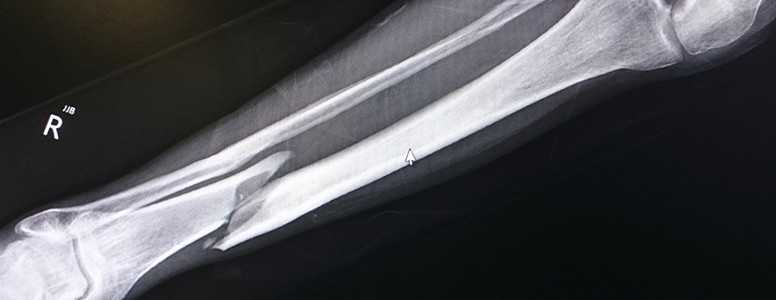A disagreement has occurred between the family and hospital of a troubled teenager with type 1 diabetes who died from diabetic ketoacidosis (DKA).
Aaron French-Willcox was 19 when he died from DKA on 13 February. He weighed just six stone and had been sleeping rough during freezing weather.
Aaron had been a user of the synthetic cannabinoid known as spice and class A drugs. He first became homeless in 2017 due to reported substance abuse and family issues. Earlier this year he was asked to leave temporary accommodation in Cardiff after being caught taking spice on the premises. He then began living in an encampment in the Cardiff Bay woodland.
In mid-February, Aaron was taken by taxi to University Hospital of Wales. His condition was dire, and had caused alarm in the encampment.
A council worker told an inquest on 24 July that Aaron had reportedly been asked to leave the hospital after he was confrontational towards staff. He then returned to the encampment, where his condition worsened.
On 13 February the people he was staying with at the encampment rang the emergency services. Aaron was unconscious and cold. When paramedics and police arrived, he was pronounced dead at the scene.
At the inquest, those who attended the scene noted how “skinny” and “frail” Aaron looked. He had struggled to control his type 1 diabetes on the streets, and suffered from addiction and mental health problems.
Aaron’s family criticised the Cardiff-based hospital for not intervening. Aaron’s older brother Rhys French-Willcox told The Guardian after the inquest. “If they knew he had a history of diabetes, they should have recognised it. It’s sad. Someone should have stepped in and stopped him.”
There was no comment at the inquest from Cardiff &Vale University Health Board, which manages University Hospital of Wales. It is clearly a tough situation though when hospital staff feel threatened.
Assistant coroner Nadim Bashir told the inquest that Aaron died by natural causes contributed to by self-neglect, adding it was a “very, very sad case”. He also noted Aaron experienced a “difficult childhood and used drugs, had ADHD and of course, diabetes”.
Aaron was known to Cardiff council’s outreach and accommodation services and was offered help on “a number of occasions”, according to a council spokesperson.
Aaron is survived by a so, Theo.
Tragic cases such as this further emphasise the need for family and friends of people with type 1 diabetes to recognise symptoms of ill health. Diabetes burnout can occur when a person actively stops managing their diabetes, and this can lead to diabetic ketoacidosis. If you know anyone that is suffering with their diabetes management, you should alert a family member or a local health professional.








